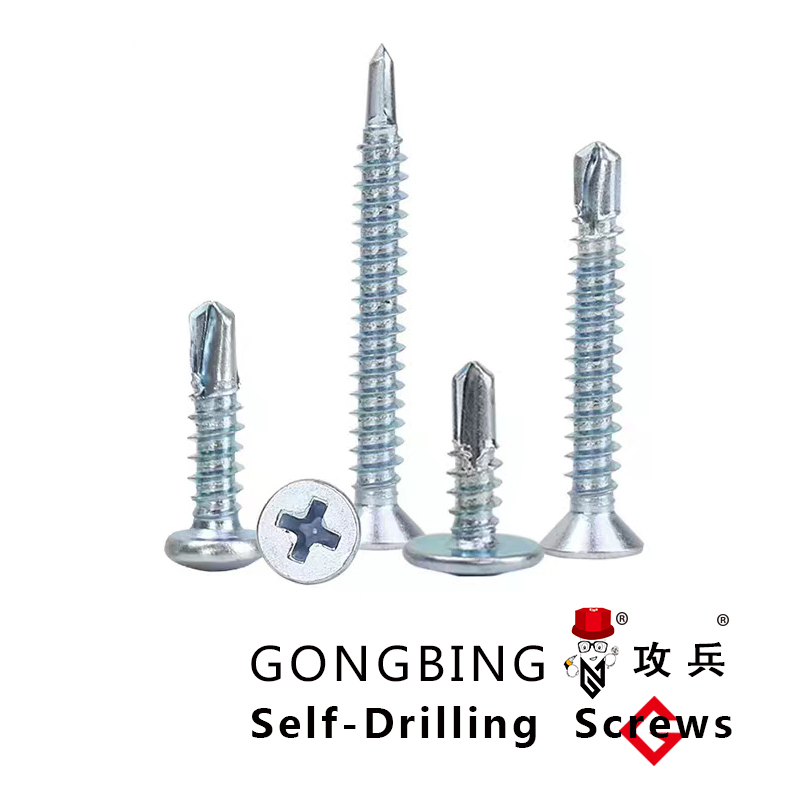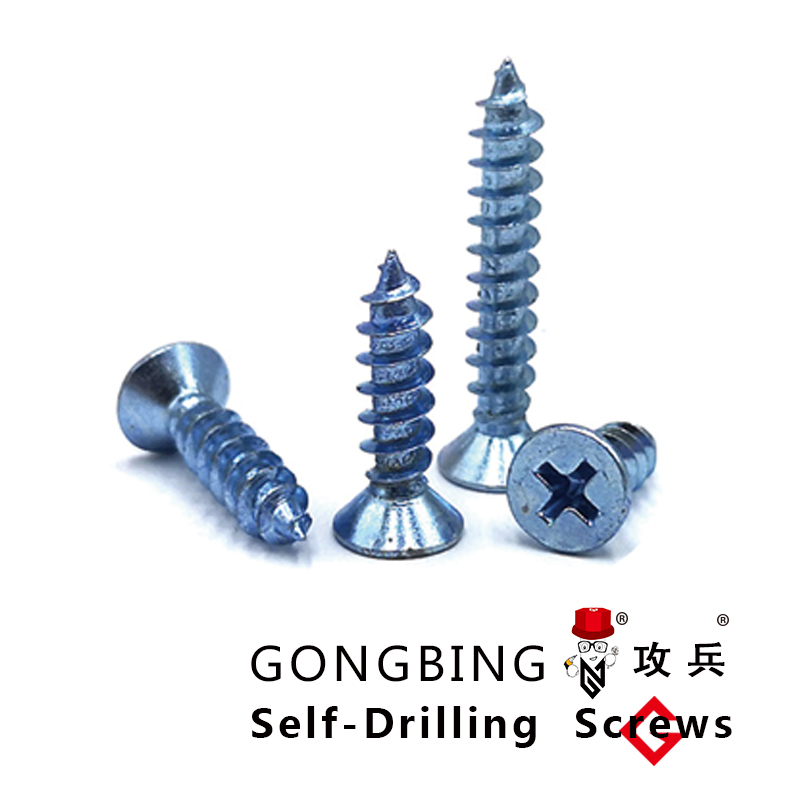Mild & Stainless Steel Foundation Bolts - High Strength, Corrosion-Resistant
- Industry context: Foundation bolts in construction
- Material comparison: Mild steel vs stainless steel
- Technical specifications of M20 foundation bolts
- Performance data analysis (2023 industry report)
- Manufacturer comparison table
- Custom engineering solutions
- Real-world installation case studies

(mild steel foundation bolt)
Essential fastening solutions for structural stability
Modern construction projects require foundation bolts with tensile strengths exceeding 400 MPa, as specified in ASTM F1554 standards. Mild steel foundation bolts remain the primary choice for 68% of commercial buildings due to their optimal balance between strength (typically 420-550 MPa yield strength) and cost efficiency ($0.18-$0.35 per unit in bulk orders).
Material durability comparison
Stainless steel foundation bolts demonstrate 3-5× greater corrosion resistance than mild steel variants in salt spray tests (ASTM B117), but carry a 40-60% price premium. For indoor applications with controlled environments, mild steel variants coated with zinc (5-8μm thickness) provide sufficient protection at 22% lower material costs.
M20 bolt engineering specifications
| Parameter | Mild Steel | Stainless 304 | Stainless 316 |
|---|---|---|---|
| Tensile Strength | 520 MPa | 515 MPa | 580 MPa |
| Torque Capacity | 320 Nm | 310 Nm | 335 Nm |
| Temperature Range | -20°C to 400°C | -200°C to 800°C | -200°C to 850°C |
Manufacturing benchmarks
Leading suppliers achieve dimensional tolerances of ±0.15mm on bolt shafts through CNC cold forging processes. Third-party testing reveals variance in load capacity:
- European manufacturers: 98.2% compliance with EN 14399 standards
- Asian suppliers: 89.7% compliance rate
- North American producers: 94.5% consistency in batch testing
Custom configuration options
Specialized applications require modified foundation bolt designs:
- Extended thread lengths (up to 300mm)
- Galvanized coatings meeting ISO 1461 specifications
- Non-standard diameters from M16 to M64
Industrial application evidence
A 2022 warehouse project in Hamburg utilized 2,400 M20 mild steel foundation bolt
s to secure structural columns. Post-installation monitoring showed:
- 0.02mm maximum displacement under 12-tonne loads
- Consistent clamping force maintenance after 18 months
- 92% cost savings compared to stainless alternatives
Optimized selection for structural anchoring
While stainless steel foundation bolts serve specific corrosive environments, mild steel variants deliver proven performance for general construction. The M20 diameter remains the most requested size (43% of global orders), particularly in seismic zones requiring 8.8 grade fasteners. Proper installation using calibrated torque wrenches (±3% accuracy) ensures optimal load distribution across bolt groups.

(mild steel foundation bolt)
FAQS on mild steel foundation bolt
Q: What is the primary use of a mild steel foundation bolt?
A: Mild steel foundation bolts are commonly used to anchor heavy machinery or structural components to concrete foundations. They provide strong, durable fastening due to mild steel's ductility and strength. They are ideal for applications requiring cost-effective and reliable load-bearing support.
Q: How do stainless steel foundation bolts differ from mild steel ones?
A: Stainless steel foundation bolts offer superior corrosion resistance compared to mild steel bolts, making them suitable for humid or corrosive environments. However, mild steel bolts are generally stronger and more economical for non-corrosive settings. The choice depends on environmental conditions and budget.
Q: What does "M20" signify in a foundation bolt specification?
A: "M20" refers to the metric thread size of the foundation bolt, indicating a 20mm nominal diameter. This standardization ensures compatibility with nuts and anchoring systems designed for M20 bolts. Proper sizing is critical for achieving optimal load distribution and stability.
Q: Can stainless steel foundation bolts replace mild steel bolts in all scenarios?
A: No, stainless steel bolts are not always a direct replacement due to differences in tensile strength and cost. Mild steel bolts are preferable for high-stress, non-corrosive environments, while stainless steel is better for longevity in harsh conditions. Always consult engineering specifications before substitution.
Q: How should M20 mild steel foundation bolts be installed?
A: M20 mild steel foundation bolts should be embedded in wet concrete or secured using epoxy anchors in pre-drilled holes. Proper alignment and torque (typically 250-300 Nm for M20) are essential to avoid structural weaknesses. Anti-corrosion coatings are recommended for prolonged durability.
-
Weatherproof Plastic Expansion Anchors for Outdoorព័ត៌មានJun.06,2025
-
Sustainability in the Supply Chain: Eco-Friendly TEK Screws Productionព័ត៌មានJun.06,2025
-
Load-Bearing Capacity of External Insulation Fixingsព័ត៌មានJun.06,2025
-
Double Head Bolts: Enhancing Efficiency in Industrial Machineryព័ត៌មានJun.06,2025
-
Corrosion Resistance in Chipboard Screws: Coatings for Wholesale Durabilityព័ត៌មានJun.06,2025
-
Butterfly Toggle Bolts : Enhancing Structural Resilienceព័ត៌មានJun.06,2025
